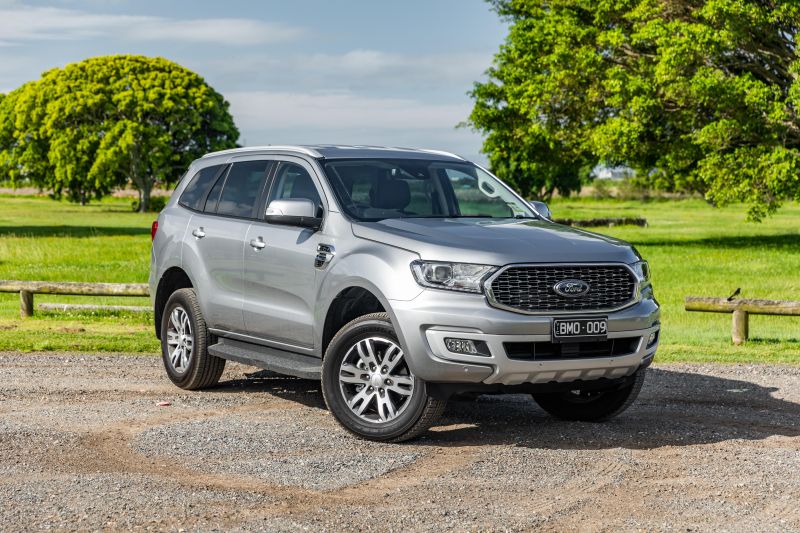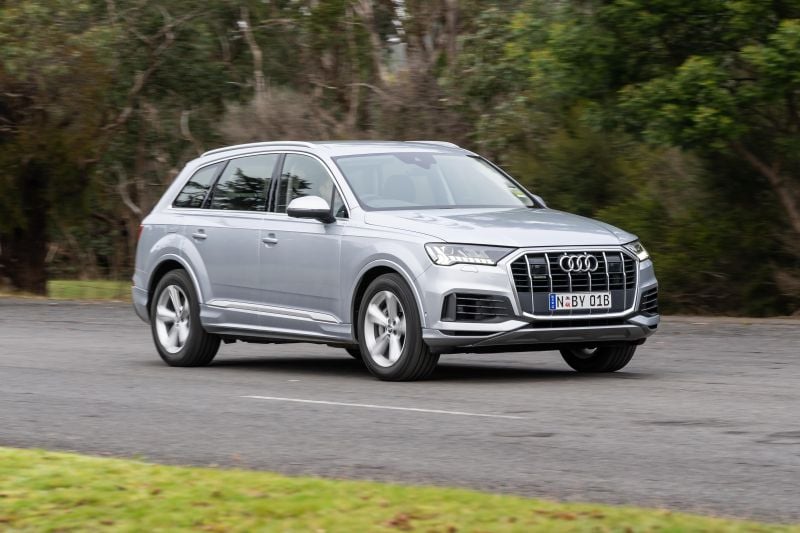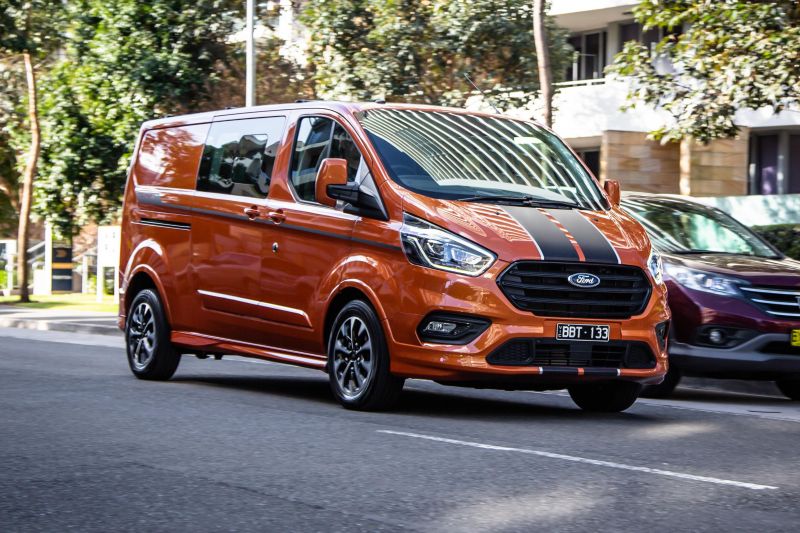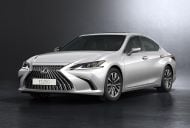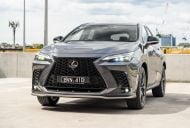As has been widely reported, Australia could be in for a very big pinch sooner rather than later with yet another supply chain crisis sweeping the nation.
This crisis in particular is the shortage of AdBlue that could spell disaster for certain diesel-powered vehicles around Australia.
Initially reported predominantly through the lens of the trucking industry, this AdBlue shortage could also affect Australian drivers who own modern diesel vehicles that require the additive.
Although passenger vehicles consume the fluid in lesser quantities, vehicles such as the Ford Everest, Volkswagen Tiguan, Audi Q7 and the Land Rover Discovery, among others, use AdBlue as a way to drive emissions down.
It’s also common among newer Euro 6d-compliant commercial vans such as the Ford Transit, Volkswagen Caddy Cargo and Mercedes-Benz Sprinter.
AdBlue is a fluid made from deionised water and urea that’s injected into the exhaust and breaks down nitrogen oxides.
A key factor behind this AdBlue shortage came into being when China, one of the world’s largest urea producers, began reducing exports of AdBlue-grade urea.
This in turn drove up international prices of the resource by around 50 per cent between September and October 2021.
When asked about the AdBlue shortage and the directions they’re relaying to owners, here’s how a few Australian automakers responded.
A Jaguar Land Rover (JLR) spokesperson indicated in a statement that they are “closely monitoring the situation and working with suppliers to minimise potential supply disruption”.
They reinforced that their dealers are currently stocked with enough AdBlue to top up impacted vehicles, although they don’t specify for how long.
Importantly, the JLR spokesperson encouraged owners not to panic buy the additive.
A spokesperson from BMW Australia supplied a statement with a similar message saying it has “secured supply of AdBlue for our customers that takes us well into next year”.
A spokesperson from Ford Australia indicated that it’s aware of the supply shortages and is currently working to better understand the impact on its vehicle fleet and customers.
They also said that its AdBlue supply varies from dealer to dealer and they will work with Ford dealers to ensure they have accurate information to communicate with customers.
An Audi spokesperson claims it isn’t experiencing any shortage of AdBlue supply at its dealer network.
For now, Audi has no special recommendations to make regarding the AdBlue shortage, but if it experiences a supply shortage, it said it would then communicate with customers.
In a similar vein, a Volkswagen Australia spokesperson said the AdBlue shortage was not yet of serious concern for the Australian division.
They indicated that Volkswagen Australia’s main priority is currently “getting enough vehicles” to sell.
A spokesperson from the Federal Chamber of Automotive Industries (FCAI), indicated there isn’t “a lot for us at the moment”.
The FCAI is the main body that liaises between automakers and the Australian Federal Government.
It still describes the AdBlue shortage as an issue for the heavy trucking industry at this stage, but is keeping an eye out just in case.
Every automaker spokesperson that was contacted and responded said their AdBlue-reliant vehicles cannot be run without the additive.
We have also contacted Mercedes-Benz for comment and will update this story once we hear back.
To answer the question in the headline: as to whether an AdBlue-reliant vehicle can run without the additive, the answer is unfortunately both yes and no.
Many OEMs program the electronic control units (ECUs) in their vehicles so they enter a so-called limp-mode when starved of AdBlue.
AdBlue-reliant vehicles can technically run without the fluid with an ECU flash, but this is both illegal and heavily discouraged.
Although the worst of the AdBlue shortage will most likely affect the trucking industry, we’ll have to wait and see if there are any official Federal Government directions put in place to minimise and avoid this potential shortage for consumers.
Stay tuned to CarExpert for all the latest on the Australian AdBlue shortage

